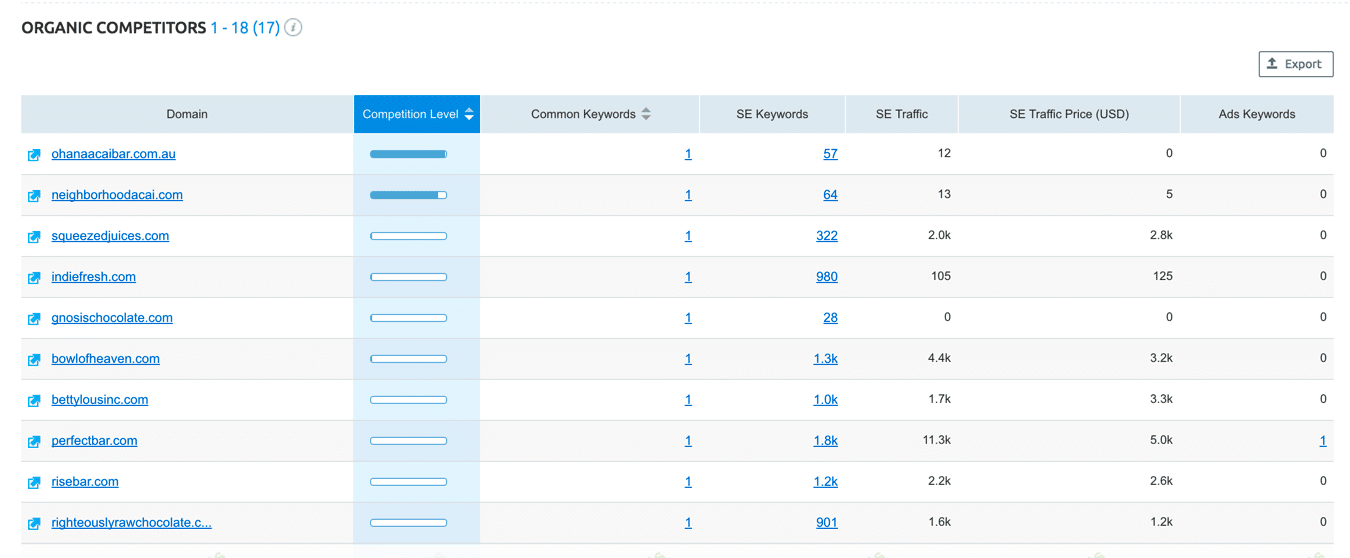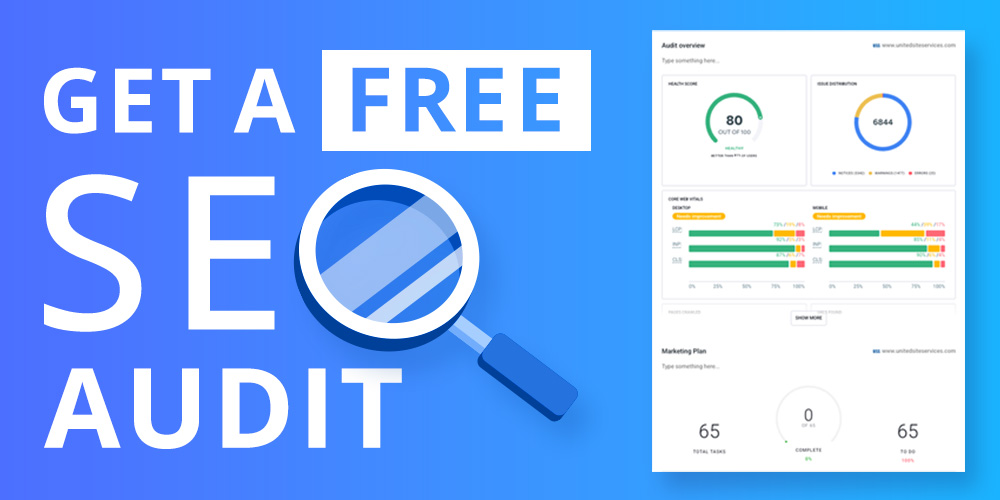


In this article, we will discuss ten important tips to help you make the best use of PPC management. Properly managing your PPC expenditures and tasks for the most efficient ad buys will transform your bottom line. It's especially important for small businesses because you can get the most out of your time and effort, leaving you free to concentrate on other things. For each tip, we will provide a summary and some pointers to demonstrate exactly how and why they make sense.
Preliminary Research on PPC can be a difficult ad market, so make sure you know what to expect. Use the tools available to you to check out the competition for the keywords you want to target.

https://www.semrush.com/info/3natives.com?db=us
SEMRUSH is a great tool which has a free version that gives a good amount of data. We looked at a favorite hot spot called 3 Natives to see how their stats look.


Some additional resources:
Moz and Similiar Web have trial accounts where you can pull a wealth of data.
https://moz.com/
https://www.similarweb.com/
If there are too many competitors, then it could be hard to stand out. Too few, and you might not get enough traffic to be worthwhile. Find out how well your landing pages convert visitors: the better they are, the more PPC will pay off. That will mean you can afford to pay more for PPC or get into tougher markets. Don't try PPC just because you can: have a specific and concrete plan based on your strengths. Proper PPC management means maximizing your ROI by using all the tools available to you.
Before starting any campaign, have a set budget in mind. No matter how well the campaign is going, stop when you hit your spend limit. That's a signal that you need to step back and evaluate how well things are going. It's tempting to extend a campaign that looks successful, but you are better off stopping while you are ahead so you can learn what worked and what didn't. That will inform your next campaign. Hard limits also prevent you from overspending out of an emotional reaction to the campaign outcome.
Get to know your channels and what you convert best in.
With Google Analytics you can track sales or leads by channel and even by keyword so you know what is converting. Make better-educated decisions by evaluating your bottom line.
AB Testing lets you split traffic between multiple designs and see which one works best. Whether it's the ads themselves or the landing pages, every campaign should contain one or more experiments. Tweak and adjust to hone in on the best designs and copy. There are several AB testing products that have an array of features. If you commit to testing, you'll ensure that you learn something from every campaign no matter what the outcome is. You'll get a knowledge return on your investment. Keep a running note of how different elements succeed or fail with different visitors.
Here are some online AB Testing tools:
https://vwo.com/ - Bright Vessel's personal favorite.
https://www.hotjar.com/
One of the most important things you need to do in a campaign is STARTING with a negative keyword list. Including negative keywords can help you refine your audience. It's common for keywords to have multiple potential meanings and contexts. You don't want to attract an audience that has no interest in your product: high-quality leads are more likely to convert.
Try some negative keywords to help sort out searchers looking for services or concepts unrelated to your business. You're paying for every click. Don't let that money go to waste and use negative keywords to increase the relevance of the ad for the visitors who do click through.
Depending on which platform you use, there should be several ways to use analytics to guide your performance. For example, both Google AdWords and Google Analytics provide an in-depth examination of your outcomes from the ad and site level.
Don't use these to adjust a campaign in progress: that would taint the data from your experiments. Instead, view the data after the end of the campaign and only then draw conclusions. Otherwise, you risk overreacting to an early trend instead of letting things play out.
An important way to control the amount of time and attention you put into PPC is to have a set schedule for management. Set a time frame that you are comfortable with where you will close out and make adjustments based on the analytics reports. This could be daily, every three days, every week, or at any other frequency. But once you choose an interval, stick to it. It's easy to lose time poring over the numbers when you should instead move on to something that needs your attention. It's also a good way to help you stick to your budget.
Investing in a bid management system can simplify and streamline your bidding process, but some of these solutions are expensive. It's up to you to know your needs and your budget and decide if the benefits are worth the cost. Consider your growth prospects and place the upside regarding additional revenue. The more complex your campaigns are, the more likely you are to need bid management. You should also take into account the fact that you might need stronger bidding if you have low margins because those slim margins might be wiped out with a bad bid.
Your keyword list is not fixed. You should feel free to attempt to expand it if you feel that the addition could boost your conversion or lead generation. A good way to do this is to use the search query report. That can tell you what people are searching when they interact with your ads, which will give you a broader view of their needs and interests. If you see anything in those searches that you can target, then you may be able to get more leads or higher-quality ones if you invest in them.
Relevancy is a MUST. Here are some items to take into consideration:
Dayparting is the practice of subdividing your budget so that only a certain percentage of it can be spent at certain times of the day. For example, your reports might show that you get almost no conversions from leads you generate after midnight and before 7 am. In that case, use dayparting to reduce how much you spend in that interval: no point wasting money on bad leads. It helps you focus your dollars on the most efficient times of the day, so your money gets you more return.
Simulating Google AdWords and other platforms have a simulation tool you can use to experiment with your ads before spending any money. You can see how your outcomes would change if you changed your max bid for different segments of your audience. If you want to see if it's worth it to bid more in a prime segment, try simulating first. It's not a full replacement for real data, but you can at least see if a different bid seems worth a try.
Bright Vessel is a Google Certified Ad Words partner and manages small to large budgets for clients. If you need help, give a call or contact us for a free, no obligation consultation. Click here for more information.

"*" indicates required fields

"*" indicates required fields

"*" indicates required fields
You must be logged in to post a comment.